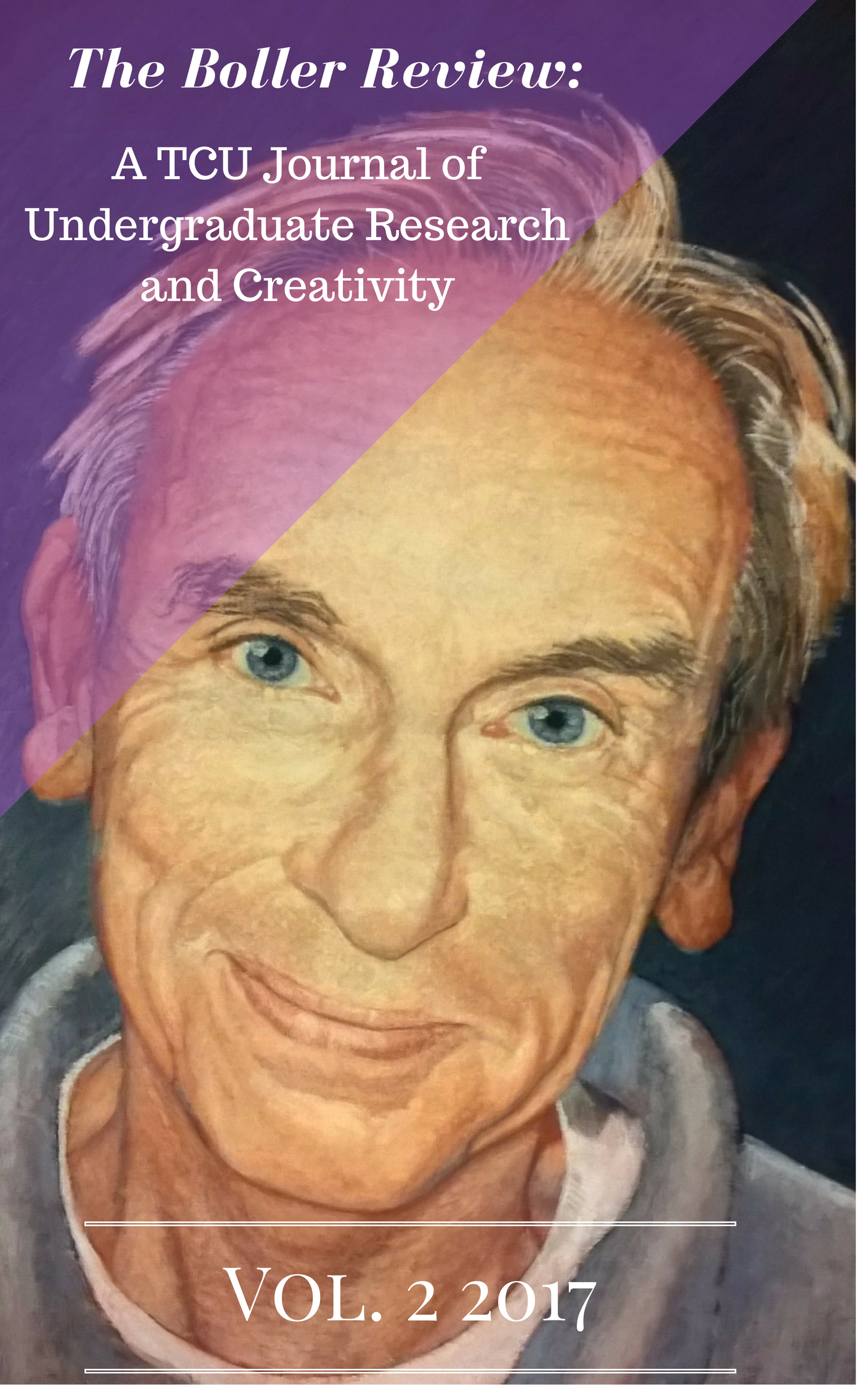Environmental Health Literacy Promotion Within the TCU Campus Community Class of 2017
Main Article Content
Abstract
An emerging field, environmental health literacy (EHL) aims to equip the public with information and risk communication tools that are applicable and easily understood. This study aimed to determine whether environmental health (EH) education impacts the likelihood of student, faculty, and staff to reduce or stop the use of products that are known to negatively impact health. To address the need for improved EHL, education sessions to promote EHL took place on an urban private university campus among students, faculty, and staff. Students, faculty, and staff on the TCU campus participated in an EH education session. Pender’s (1982) Health Promotion Model and evidence from the Agency for Toxic Substances and Disease Registry (ATSDR) informed session development.
Each session consisted of a presentation, hands on demonstration, and group discussion. Participants completed baseline surveys and discussion questions were recorded and transcribed. The investigator used descriptive and content analysis methods to evaluate these data. Twenty-seven participants (17 students, 10 faculty/staff) attended one of five group sessions. Of those, 81.5% reported no prior EH education; however, 77.8% indicated awareness of natural alternatives. An estimated 95% of participants felt the lesson motivated them to make informed choices and educate others. Key barriers to applying EHL in daily life included lack of understanding and education on the topic (37%), cost (33.3%), and brand familiarity (26%). Education sessions promoted EHL among students, faculty, and staff. These sessions have the potential to improve understanding of EH, and the overall health of the community by empowering individuals to make informed choices.
Comments from Mentors
"I enjoyed working with Sophie on her project designed to increase the environmental health literacy of students, faculty, and staff at TCU. Using a primary prevention approach, Sophie developed an educational session on strategies to reduce exposures to environmental hazards present in everyday cleaning supplies and hygiene products. Collectively, participants expressed improved environmental health literacy over baseline, created a non-toxic, environmentally responsible cleaning solution, and identified barriers to implementation. Sophie earned recognition for her work, winning awards at the Harris College Research Symposium and presenting at a national conference."
